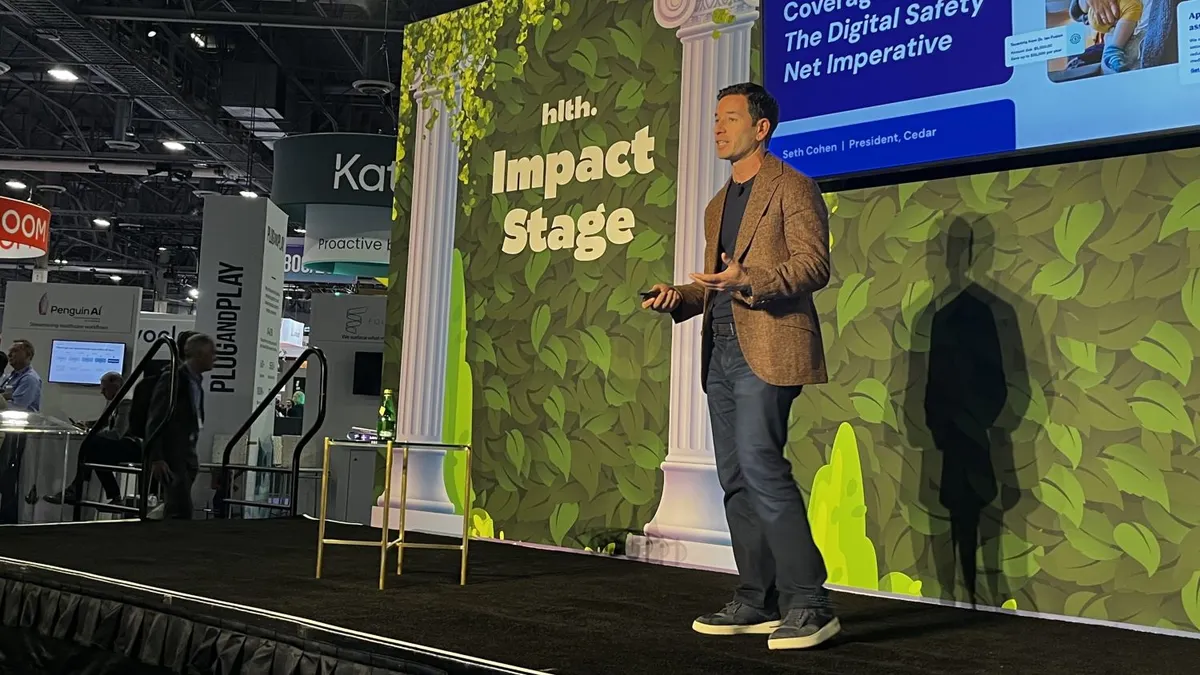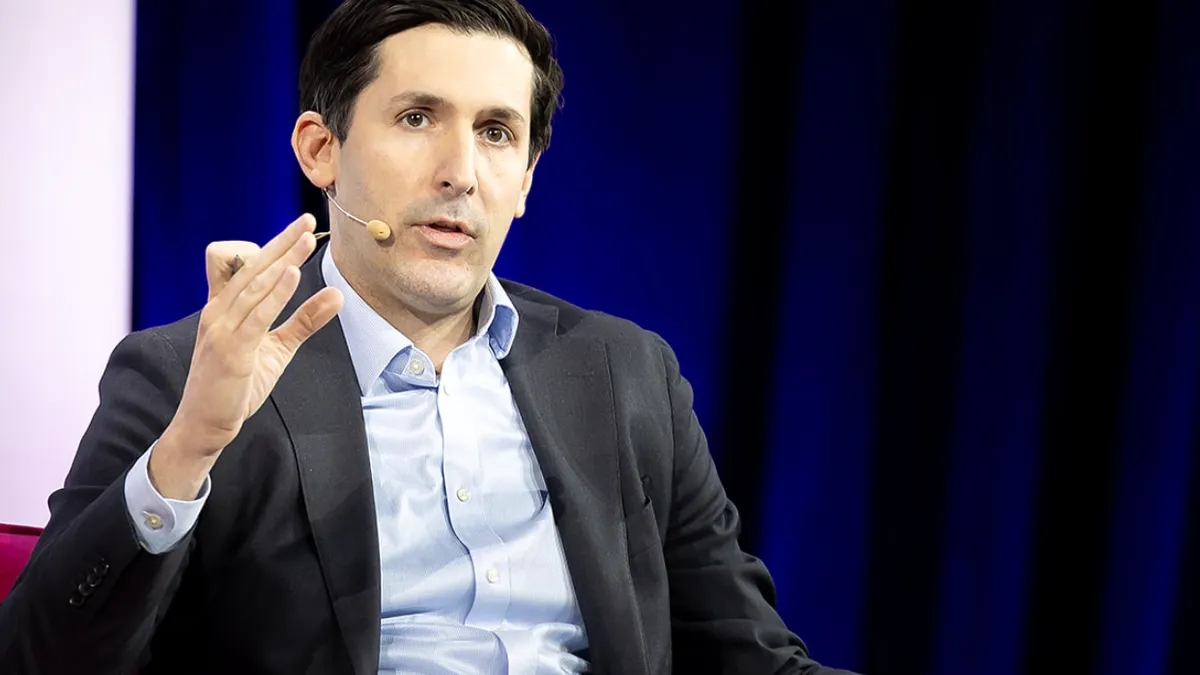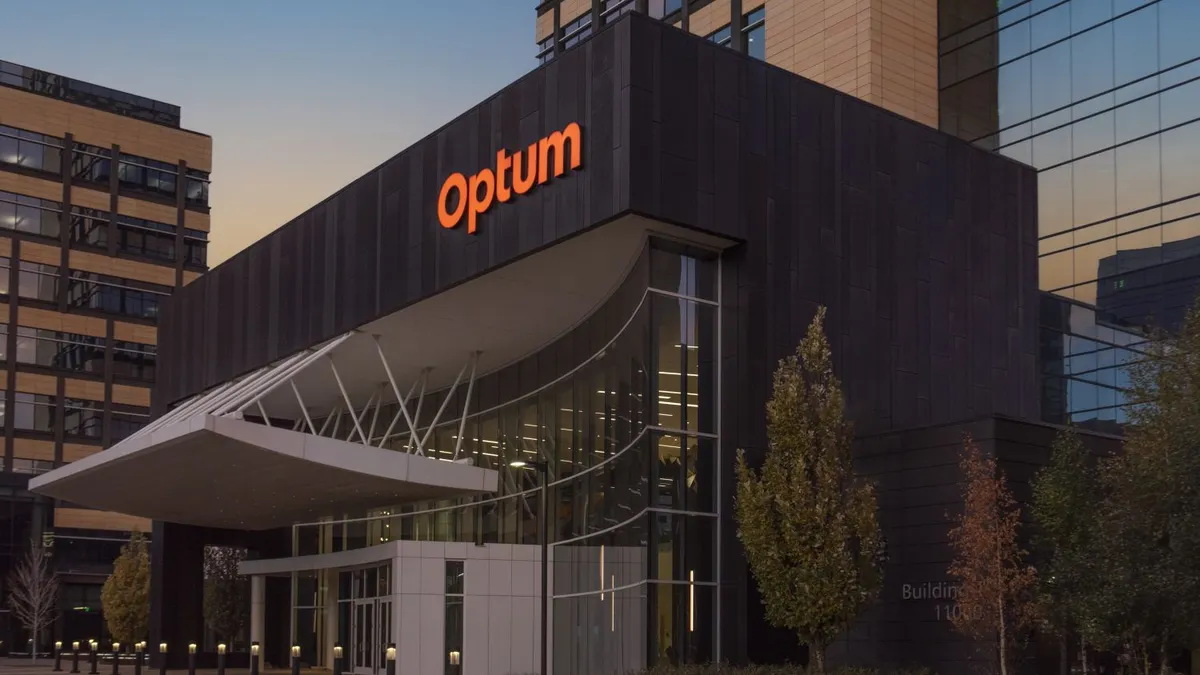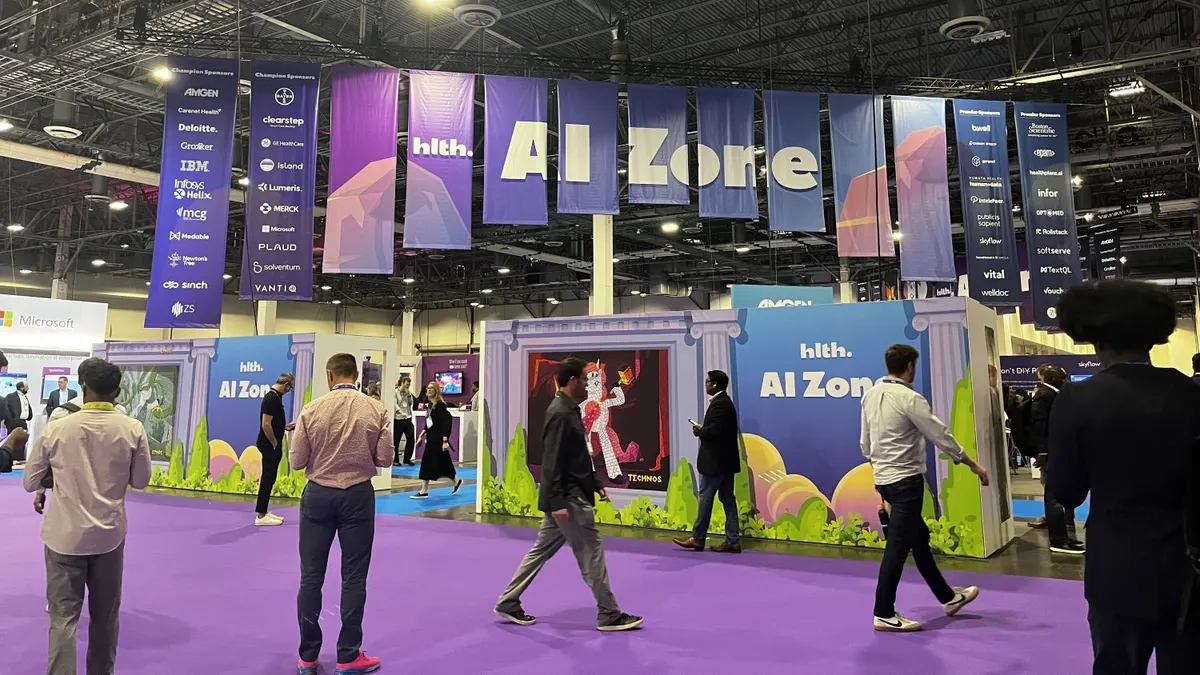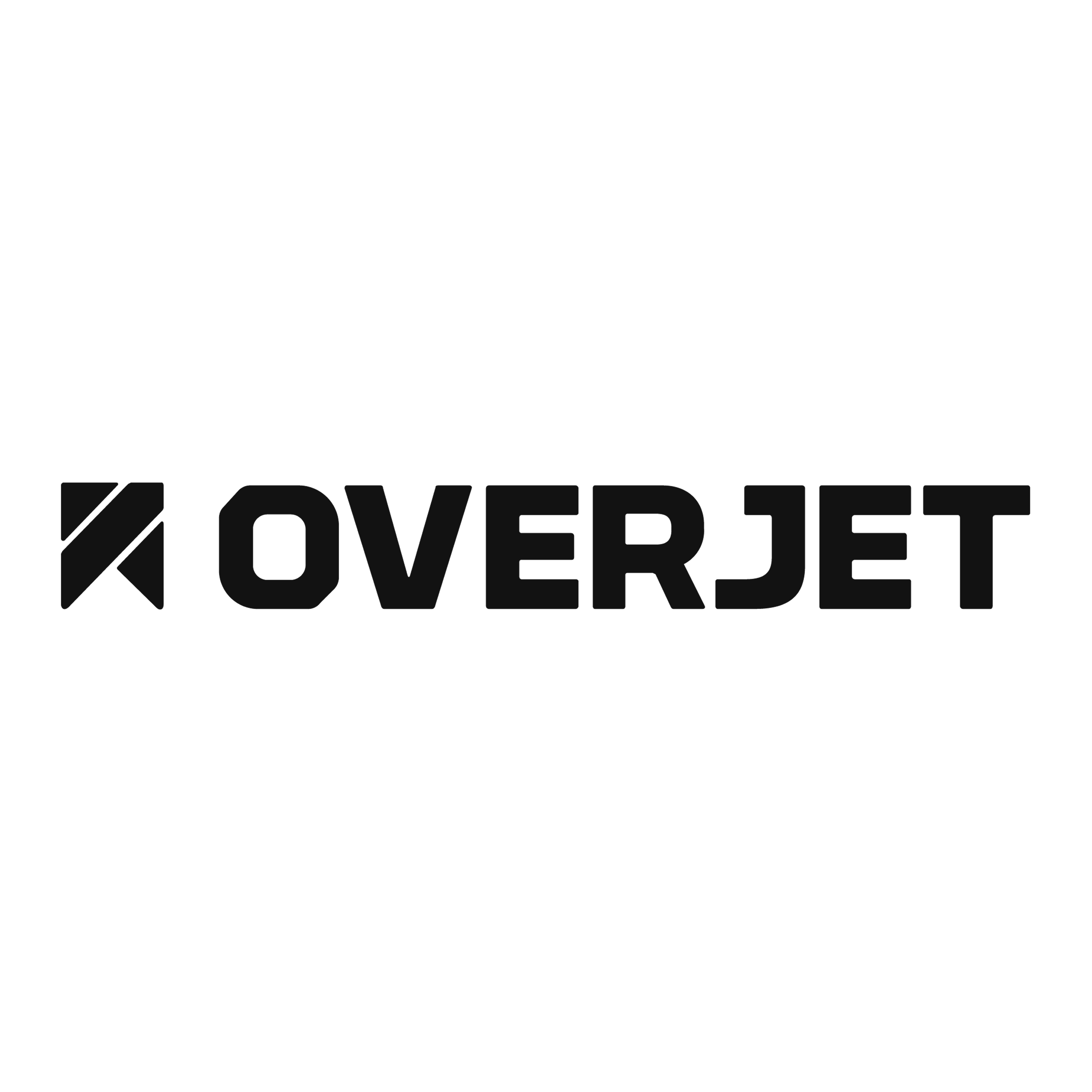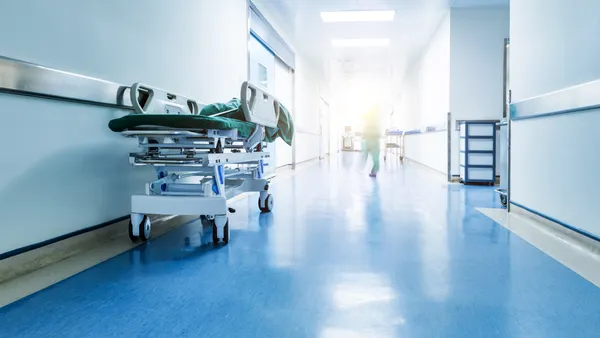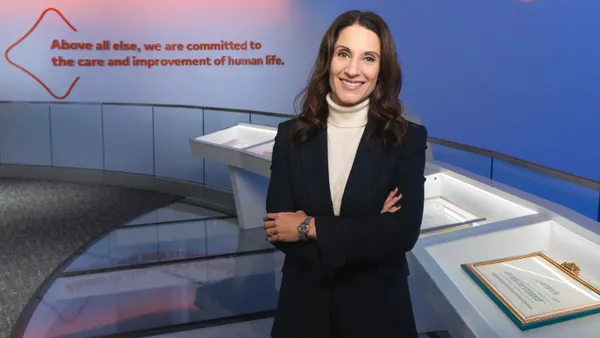LAS VEGAS — Advocate Health’s hopes its new innovation hub in Charlotte, North Carolina, called The Pearl, will be a game changer for medical research and training in the wake of federal divestment in the sector.
“The healthcare industry really is at the crossroads. We're facing headwinds galore of shrinking innovation budgets and federal funding cycles that are truly drying up,” said Dr. Rasu Shrestha, chief innovation and commercialization officer at Advocate, during a presentation at HLTH 2025 on Monday. “At the same time, we feel the tailwinds of rising demand for transformation. Patients, providers, communities: they're demanding better outcomes.”
Since January, the Trump administration has slashed money dedicated to medical research at academic health systems like Advocate. Between February and June, for example, the National Institutes of Health awarded about $8 billion less in funds for research grants and awards compared to the prior year and cut more than 1,800 active grants.
Shrestha told Healthcare Dive that The Pearl, which opened in June, was in the works for years prior to those federal cuts. Still, he’s pleased the project was greenlit given the numerous barriers facing medical funding today.
“The assaults that are coming at us in terms of funding cuts and Medicaid and 340B like neutrality — these are all things that are difficult,” the executive said.
The Pearl is primarily a biotech hub for Advocate Health and its partners to tackle projects that advance AI tools, such as those that have digital twin capabilities, enable early diagnosis of disease and educate the next generation of healthcare workers, Shrestha said.
The physical space is centered around Advocate’s Charlotte campus for its Wake Forest University School of Medicine, but it also has laboratory space and the North American headquarters of surgical training institute, IRCAD.
Operations at The Pearl will be driven by public-private partnerships between Advocate Health and corporate partners, including companies that support surgical training, like Proximie, and IRCAD North America, and those advancing medical technology research, like Medtronic and Boston Scientific.
When the project is fully rolled out, Advocate expects The Pearl to generate more than 11,000 jobs for the Charlotte region. It could also help set Advocate apart from peers Novant Health and Duke Health in a battle for talent in an increasingly competitive North Carolina healthcare landscape.
The project is already helping court domestic and overseas talent. IRCAD welcomed surgeons from around the world for its kick off training last month, including leaders from China, India, Lebanon and South America. Shrestha said he’s since fielded messages from other international medical professionals who want to work for the health system.
The project’s announcement comes on the heels of the Trump administration’s changes to H-1B visa application fees — which could make it more cumbersome for technology companies and healthcare companies to bring in top international talent to work on innovation projects like The Pearl. Last month, the U.S. Chamber of Commerce warned the policy could “impede economic growth” if foreign workers are unable to participate in the economy.
Still, Shrestha said this is not a top concern for Advocate.
“We have a tremendous pipeline through the medical school [and] nursing school,” the executive said. “We also have access to tremendous engineering resources and capabilities through other schools that are part of the ecosystem in and around Charlotte.”











